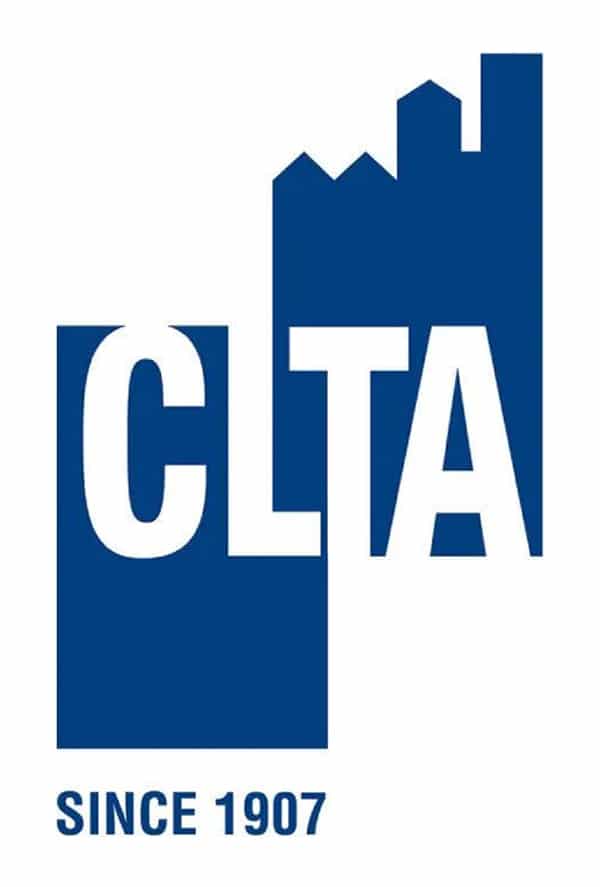Welcome back to D. Bello's Lifestyle Outsourcing Series, where we explore ways to optimize your work and life. Because, let’s face it, there's more to life than just work, and we're here to help you […]

Apr 12, 2011
Over 20 years of replicating data entry instructions from dozens of unique clients has provided us with a unique view of title plant philosophy across our industry. Arbed plants, PIN-based plants, name abbreviation lists, document type codes, junk lists, notary lists, mortgage types, interest rates, double-posting rules, and if-then statements that could choke a horse. We’ve seen it all…That is until something new rears its head!
As the industry transitioned from paper plants to mainframe plants, and more recently to inexpensive, local title plant systems, the possibilities became limitless. The opportunity arose to create dozens of data fields, sortable tables and search capabilities within fields that historically were not searchable. While the capabilities of these new systems brought tangible improvement to the process, the zeal of an industry to fill these databases with information appeared to skip the logical, cost-benefit assessment of whether filling them was necessary or even advantageous.
It is important to keep the purpose of a title plant in focus. A geographic title plant is, in the simplest terms, an index to recorded documents. Its entire function is to enable you to find recorded documents pertinent to your title search. If this idea can be kept at the forefront, the rest is inconsequential.
If a title plant is an index to recorded documents, then what elements should be paramount? Keeping with the “simple-is-best” philosophy, try this: legal descriptions on documents that have them, party names on documents that do not. After all, viewing a source document has become nothing more than a click of a mouse, not a laborious trip from the tract book to the film cabinet to the reader-printer. Gone are the days of expensive storage and slow retrieval. Viewing a few extra source images is hardly as inconvenient and time consuming as it once was.
Embracing a simple title plant philosophy has many benefits. Simple indexing protocols eliminate inconsistencies in the plant due to individual interpretation by data entry operators. It lowers the ongoing production cost of maintaining plants by increasing productivity and reducing training costs.
In an era where most mid- to large-sized title plants are outsourcing, simplified indexing rules also assist in your transition to an outsource vendor. When utilizing an outsource vendor, you’ll be seeking three primary things: accuracy, consistency and cost reduction. Simple protocols will make achieving all three of these goals significantly easier.
Complex title plant protocols are possible and are prevalent nationwide, but the incremental cost of such rules and procedures is seldom beneficial. Cost benefits aside, a clean, simple title plant index leads to streamlined searching standards and consistent, reliable results for examiners and end-users alike.







